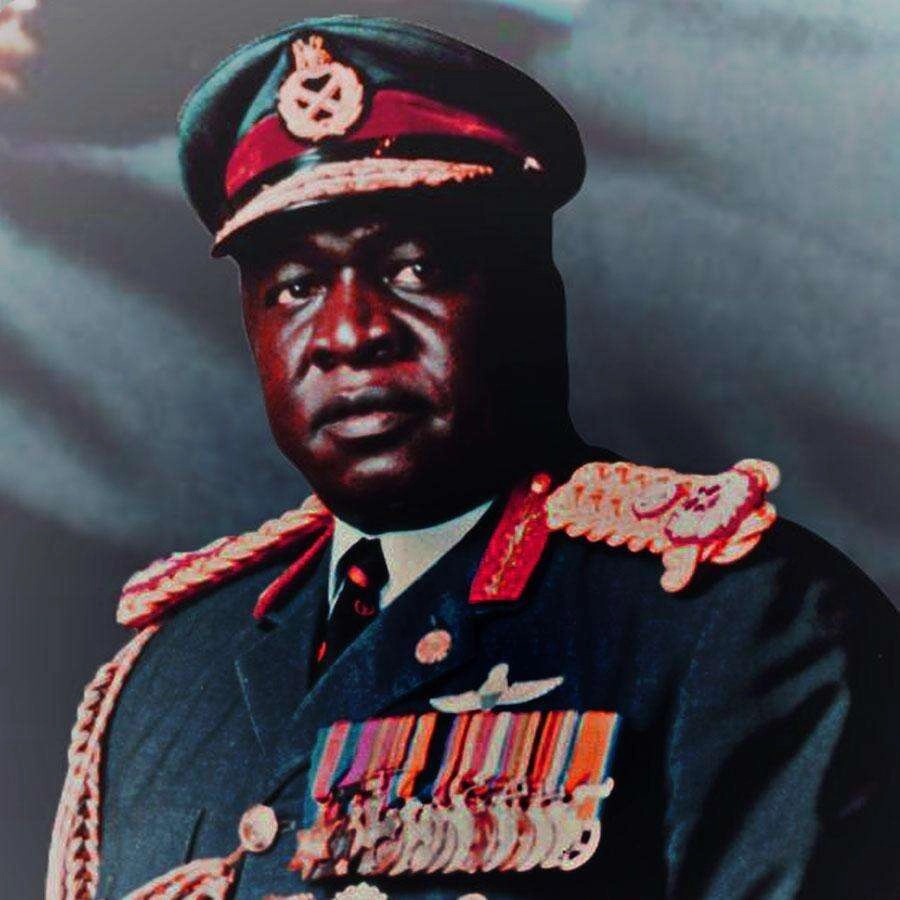In a surprising announcement, former President Donald Trump revealed his intention to release a staggering 80,000 pages of documents related to the assassination of President John F. Kennedy. This move has sparked considerable interest and speculation among historians, political analysts, and the general public alike. The assassination of JFK in 1963 remains one of the most debated events in American history, with countless theories about the circumstances surrounding his death and the involvement of various parties. By making these documents public, Trump aims to shed new light on a pivotal moment in U.S. history that has been shrouded in mystery for decades.
The decision to release such a vast trove of information is significant, as it could potentially alter our understanding of the events leading up to and following Kennedy’s assassination. For years, researchers and conspiracy theorists have pored over existing documents, trying to piece together the truth behind the assassination and the subsequent cover-up theories. Trump’s announcement comes at a time when public interest in historical events is being reignited, particularly as the nation reflects on its past and the impact of leadership decisions. The release of these documents could provide new insights and fuel further debate about the circumstances of JFK’s death.
Critics and supporters alike have weighed in on Trump’s decision. Some argue that this move is politically motivated, serving as a distraction from current issues facing the nation. Others believe that transparency regarding historical events is essential for fostering an informed public. Regardless of the motives behind the release, the sheer volume of information presents both opportunities and challenges for historians and researchers. They will need to sift through the extensive material to discern credible information from speculation and conspiracy theories that have proliferated over the years.
As the release date approaches, anticipation builds regarding the potential revelations contained within these documents. Will they confirm long-held beliefs, or will they introduce new theories that challenge existing narratives? The impact of Trump’s decision could resonate through academic circles and popular culture, as the Kennedy assassination remains a topic of fascination for many. In an era defined by misinformation and political polarization, the release of these documents may also serve as a critical reminder of the importance of transparency and accountability in governance, echoing the enduring legacy of JFK himself.




